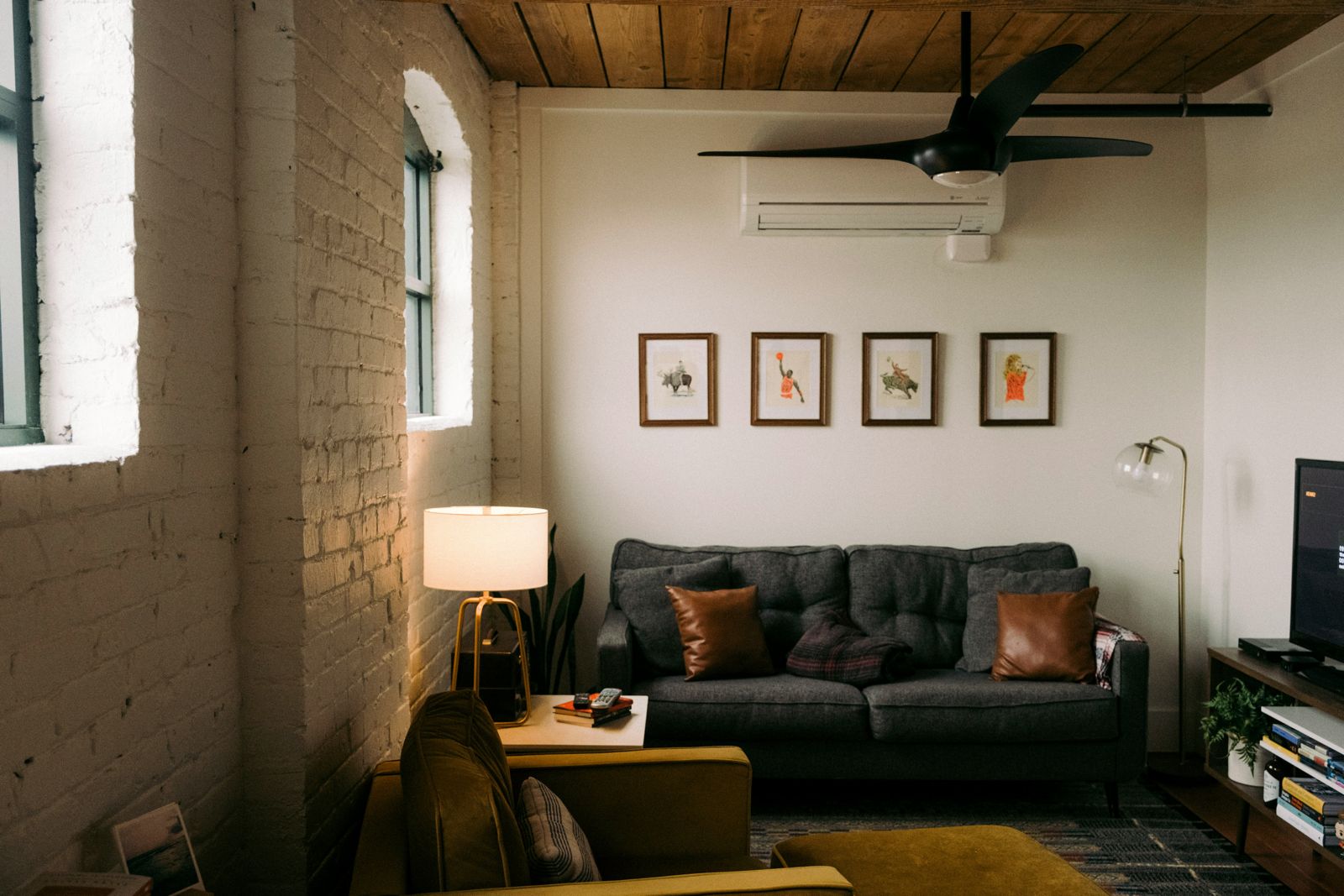
Minimum Energy Efficiency Standards Coming to Victorian Rentals: What You Need to Know
Significant changes are on the way for rental properties in Victoria. From March 2027, rental providers will be required to upgrade homes to meet new Minimum Energy Efficiency Standards — starting with hot water and heating, then expanding to include insulation, fixed cooling, and more.
These changes are designed to improve comfort and reduce energy costs for renters, but they also come with real implications for property owners, especially those already operating on tight margins.
Here’s a clear breakdown of what’s changing, and what you need to start thinking about now.
What Do the New Standards Cover?
From 1 March 2027, rental providers must:
- Replace hot water and heating systems with energy-efficient electric alternatives when current systems fail or reach the end of their life.
At the start of a rental agreement or when switching to a periodic agreement (from the same date):
- Install fixed, energy-efficient cooling in the main living area.
- Ensure ceiling insulation is installed if none exists (R-value of at least 5.0).
- Fit 4-star-rated showerheads.
From 1 July 2027, at the start of any new or periodic rental agreement
- Rental properties must be draughtproofed — this includes sealing external doors,
windows, and wall vents.
By 1 July 2030, regardless of lease type:
- All rental properties must have energy-efficient fixed cooling in the main living area.
Why This Matters
If you’re a renter, these changes are aimed at reducing your energy bills and making homes more liveable — particularly in extreme weather.
If you’re a rental provider, it means:
- Planning now for capital works and cash flow.
- Knowing that if something breaks — like a gas hot water system — you’ll be required to replace it with a compliant electric system, not simply repair or swap like-for-like.
Some rental providers may see this as a final straw, especially with current net yields as low as 2.3% in many areas. There’s a risk that these changes could lead to more properties being sold and a further reduction in rental supply.
Are There Any Exemptions or Support?
Yes — exemptions apply where meeting the standards is considered “unreasonable” (e.g. due to technical, heritage, or physical limitations). But these are narrowly defined and subject to specific criteria.
Rental providers may also be eligible for rebates through the Victorian Energy Upgrades Program, which can help offset some of the upgrade costs.
What You Should Do Now
For owners:
- Start budgeting and planning for appliance replacements and insulation upgrades.
- Know your property’s current condition and where it may fall short.
- Consider how these changes might affect your long-term investment strategy
For renters:
- Understand your rights under the new standards
- If your home lacks insulation, cooling, or has inefficient systems, this could change at the next lease renewal or when a system fails.
Want to discuss how this affects your property?
We’re here to help you navigate what’s next — whether that’s planning upgrades, budgeting for future costs, or weighing your options.
For more details on the regulations, visit: Consumer Affairs Victoria – Energy Efficiency Standards

